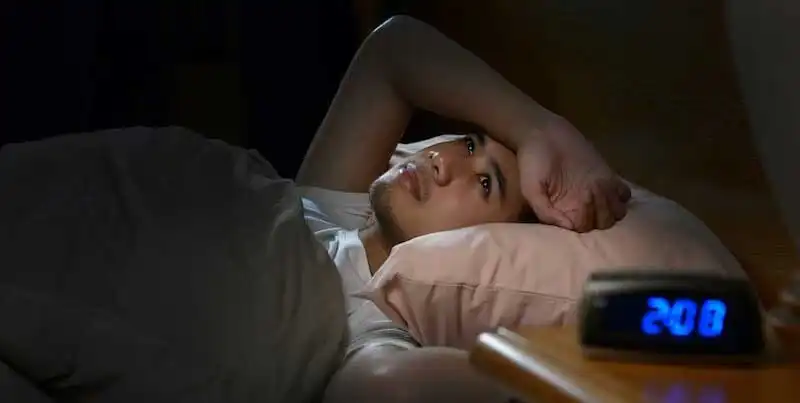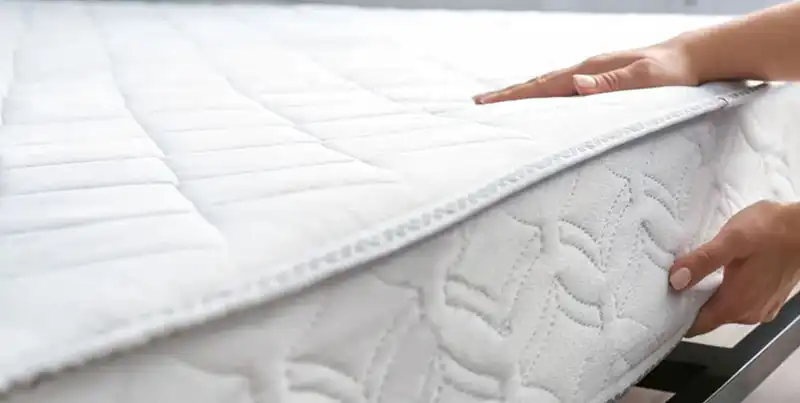Sleep is an essential component of our daily lives, contributing significantly to our physical and mental well-being. However, for many individuals, the quest for a good night’s sleep can be elusive due to various sleep disorders. Fortunately, there’s a ray of hope in the form of specialized mattresses and sleep solutions designed to alleviate the discomfort associated with these conditions. In this article, we will explore common sleep disorders and how the right mattress can make a difference in achieving restful nights.
Understanding Common Sleep Disorders
Before delving into mattress solutions, let’s take a moment to understand some common sleep disorders that affect millions of people worldwide:
- Insomnia: Insomnia is characterized by difficulty falling asleep or staying asleep, often resulting in inadequate sleep quality and duration. Stress, anxiety, and lifestyle factors can contribute to this condition.
- Sleep Apnea: Sleep apnea is a condition where a person’s breathing repeatedly stops and starts during sleep. This can lead to loud snoring, gasping for air, and frequent awakenings, disrupting the sleep cycle.
- Restless Leg Syndrome (RLS): RLS causes uncomfortable sensations in the legs, often described as tingling or crawling. These sensations are alleviated temporarily by moving the legs, making it difficult to fall asleep.
- Narcolepsy: Narcolepsy is a neurological disorder that affects the brain’s ability to regulate sleep-wake cycles. People with narcolepsy experience sudden and uncontrollable episodes of falling asleep during the day.
- Chronic Pain: Conditions like chronic back pain, arthritis, or fibromyalgia can significantly impact sleep quality by causing discomfort and pain throughout the night.
The Role of the Right Mattress
Selecting the right mattress is crucial for individuals with sleep disorders, as it can greatly affect their ability to get a good night’s sleep. Here’s how the right mattress can provide relief:
- Support and Comfort: For those with chronic pain or back issues, a mattress with proper support and cushioning can alleviate discomfort. Memory foam and latex mattresses are known for their ability to conform to the body’s shape, offering personalized support.
- Pressure Relief: Mattresses designed for pressure relief can benefit individuals with conditions like RLS. These mattresses distribute weight evenly and reduce pressure points, making it easier to fall and stay asleep.
- Motion Isolation: For couples where one partner has a sleep disorder, a mattress with excellent motion isolation can prevent disturbances caused by movements during the night. Memory foam and innerspring mattresses with pocketed coils are often good choices for this purpose.
- Adjustable Beds: Those with sleep apnea or narcolepsy may find relief with adjustable beds. These beds allow users to elevate their upper body or legs, which can open airways in the case of sleep apnea and reduce the symptoms of narcolepsy.
- Temperature Regulation: Temperature-regulating mattresses, often made from cooling gel-infused memory foam or latex, can help individuals with insomnia who struggle to sleep due to overheating.
Choosing the Right Mattress for Your Sleep Disorder
Selecting the right mattress for your sleep disorder involves careful consideration. Here are some tips to help you make an informed choice:
- Consult a Healthcare Professional: If you have a diagnosed sleep disorder, consult your healthcare provider or a sleep specialist. They can offer valuable insights into the type of mattress that may be most beneficial for your specific condition.
- Test Before You Buy: Whenever possible, try out mattresses in-store or look for brands that offer generous trial periods. This allows you to gauge comfort and support over an extended period, ensuring the mattress meets your needs.
- Consider Adjustable Features: If you have sleep apnea or narcolepsy, an adjustable bed may be a game-changer. Research options with features like head and foot elevation, as well as massage settings.
- Look for Certifications: Check if the mattress has certifications for quality and materials. Certifications like CertiPUR-US (for foam mattresses) or OEKO-TEX Standard 100 (for textiles) ensure that the product meets specific health and environmental standards.
- Read Reviews: Reading reviews from other individuals with similar sleep disorders can provide valuable insights into whether a particular mattress is effective in providing relief.
Sleep disorders can significantly impact one’s quality of life, but the right mattress can make a world of difference. By understanding your specific sleep disorder and considering factors such as support, comfort, and temperature regulation, you can make an informed choice that leads to more restful nights and better overall health. Remember to consult with a healthcare professional or sleep specialist for personalized guidance, and don’t underestimate the importance of investing in your sleep quality—it’s an investment in your well-being.





